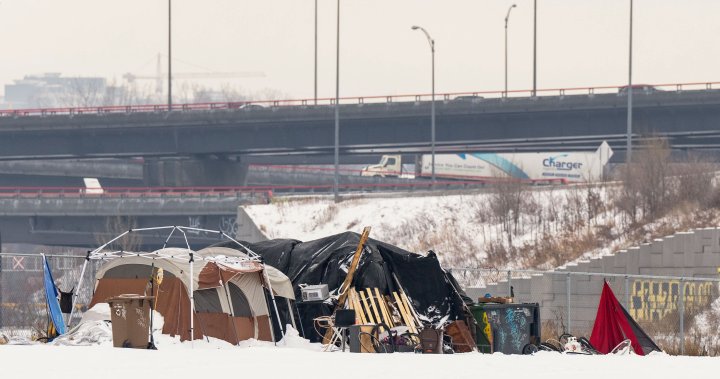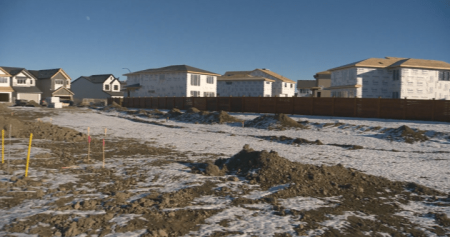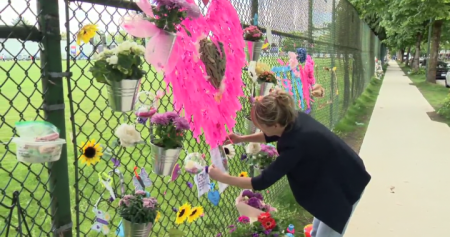The Divided Front on Dismantling Homeless Encampments in Montreal
A recent report by a committee tasked with studying homelessness in Montreal has exposed a significant rift concerning the city’s approach to tent encampments. While the city administration maintains its long-held position that encampments pose safety and sustainability concerns and are sometimes necessary to dismantle for security reasons, several committee members advocate for a starkly different approach. They argue that dismantling encampments is detrimental to the health and well-being of those experiencing homelessness and, instead, propose providing support services such as heated tents, sleeping bags, food, and sanitation. The report highlights the often-overcrowded state of shelters as a key driver of encampment reliance, further underscoring the need for alternative solutions. This divergence of opinion lays bare the complex and multifaceted nature of homelessness in Montreal, signaling a critical juncture in the city’s response to this pressing issue.
The Complex Web of Homelessness: Shelter Capacity and the Right to Housing
The report underscores the intricate interplay of factors contributing to the ongoing challenge of homelessness. Overcrowded shelters force individuals to seek refuge in encampments, creating a cycle of displacement and vulnerability. Dismantling these encampments, while potentially addressing immediate safety or logistical concerns, disrupts the limited stability these individuals have managed to establish, exacerbating their precarity. The committee’s call for alternative solutions, including support services within the encampments, reflects a growing recognition of the right to housing and the need for more humane and comprehensive interventions. This perspective challenges the traditional approach of simply clearing encampments without providing viable alternatives, urging for a more nuanced and empathetic response to the complex needs of individuals experiencing homelessness.
A Multifaceted Approach: Recommendations for Addressing Homelessness in Montreal
The committee’s report presents a comprehensive set of recommendations aimed at tackling homelessness in Montreal from multiple angles. Key proposals include the establishment of year-round drop-in centers, providing consistent access to essential services and support. The report emphasizes the critical need to protect existing low-cost housing stock, recognizing that its loss further contributes to the cycle of homelessness. Furthermore, the report advocates for a significant expansion of shelter and transitional housing spaces, specifically designed to be better adapted to the diverse needs of the homeless population. This comprehensive approach seeks to address both the immediate needs of those currently experiencing homelessness and the underlying systemic issues that contribute to its perpetuation.
The Urgency of Addressing Systemic Issues: Housing Affordability and Support Services
Underlying the immediate concerns surrounding encampments are deeper systemic issues that contribute to the persistence of homelessness in Montreal. The escalating cost of housing in the city plays a significant role, making it increasingly difficult for vulnerable individuals to secure affordable and stable accommodation. Coupled with this is the need for robust support services that address the multifaceted challenges faced by individuals experiencing homelessness, including mental health issues, addiction, and lack of access to healthcare and employment opportunities. The report implicitly acknowledges the need for a more holistic approach that tackles these root causes, moving beyond temporary solutions towards long-term strategies that prevent and address homelessness effectively.
The Call for Collaborative Action: A Collective Responsibility
The committee, composed of representatives from the city, health and social services, businesses, researchers, and organizations working with the homeless, underscores the importance of a collaborative approach to addressing this complex issue. The report serves as a call for collective responsibility, emphasizing the need for all stakeholders to work together to implement the recommendations effectively. This collaborative spirit is essential to break down the silos that often hinder progress and to create a more integrated and effective response to the challenge of homelessness.
The Future of Homelessness in Montreal: A Turning Point?
The divergence of opinions within the committee and the comprehensive nature of its recommendations mark a potentially pivotal moment in Montreal’s approach to homelessness. The report challenges the status quo and opens a critical dialogue about the most effective and humane ways to address the needs of this vulnerable population. Moving forward, the city’s response to these recommendations will determine the trajectory of its efforts to tackle homelessness, potentially shaping a more compassionate and sustainable future for everyone. The report serves as a roadmap for potential progress, underscoring the importance of collaborative action and a commitment to addressing both the immediate symptoms and the underlying systemic issues that perpetuate homelessness.










